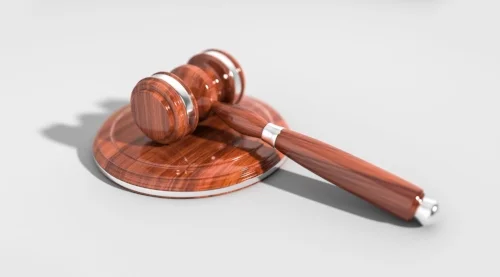One major piece of the picture when buying your home is inspecting the property to decide A) what issues there are and B) how they will be addressed OR if you are willing to live with them.
Professional Inspection
One of the first steps after you have signed an agreement of purchase and sale is a home inspection. It is always a good idea to use a professional home inspector come in and do an inspection of the home you are considering buying. Their job is to flag any issues that may change your mind about purchasing the property, or the price you are willing to pay for it. The inspection is the opportunity to raise issues that will need to be addressed. As a result there may be further negotiations with the seller to either take care of the issue prior to closing, or sell at a lower price so you will have the money to fix it. You should look for an inspector that has both liability AND errors and omissions insurance. This protects you not only from any damage they might cause while on the property to do the inspection, but also provides you with possible recourse if they miss something important on the inspection.
Read More
























